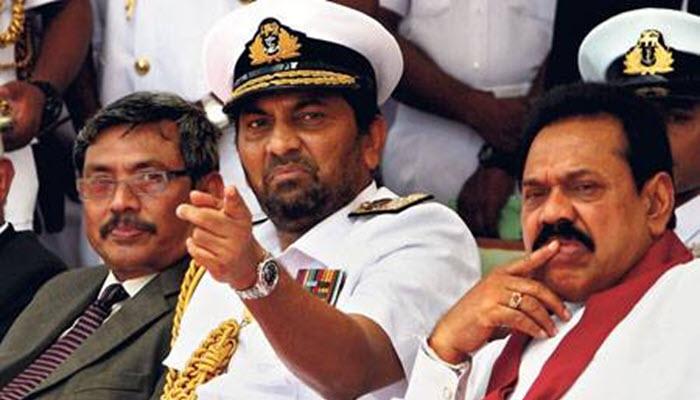India-US partnership on 'creating order' in Sri Lanka
Amid the newly enhanced ties between the United States and India, the contours of a shared approach to Sri Lanka’s ethnic crisis by the two states appeared in little reported comments last month by Indian National Security Advisor Shiv Shankar Menon.
Speaking in Washington, he outlined a twin track Indian strategy, which he said was supported by the US: first, restoring normalcy in the war-shattered Tamil areas, and, second, “creating an order [in Sri Lanka] within which, not just the restoration of democracy, but … an order within which all the communities feel that they can determine their own futures.”

